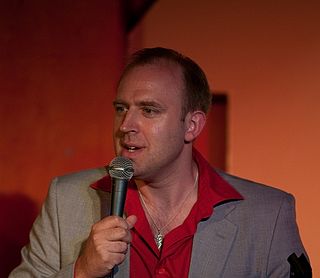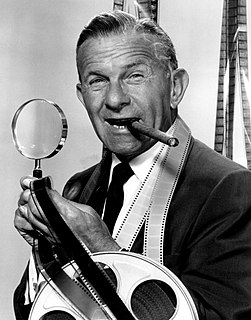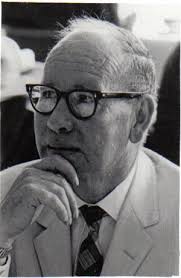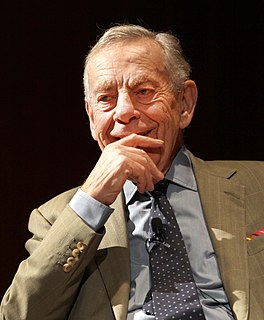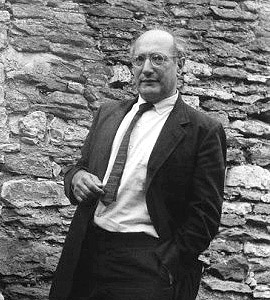A Quote by Adrian McKinty
The first proper mystery novel that I read was 'Murder On the Orient Express' with a gaunt David Niven and a cherubic Peter Ustinov on the cover. 'Orient Express,' you'll recall, is the one where everyone did it, which delighted me no end, and I was immediately hooked.
Related Quotes
The Orient and Islam have a kind of extrareal, phenomenologically reduced status that puts them out of reach of everyone except the Western expert. From the beginning of Western speculation about the Orient, the one thing th orient could not do was to represent itself. Evidence of the Orient was credible only after it had passed through and been made firm by the refining fire of the Orientalist’s work.
Occident: The part of the world lying west (or east) of the Orient. It is largely inhabited by Christians, a powerful subtribe of the Hypocrites, whose principal industries are murder and cheating, which they are pleased to call war and commerce. These, also, are the principal industries of the Orient.
The Orient that appears in Orientalism, then, is a system of representations framed by a whole set of forces that brought the Orient into Western learning, Western consciousness, and later, Western empire.... The Orient is the stage on which the whole East is confined. On this stage will appear the figures whose role it is to represent the larger whole from which they emenate. The Orient then seems to be, not an unlimited extension beyond the familiar European world, but rather a closed field, a theatrical stage affixed to Europe.
Many appreciate in my former work just what I did not want to express, but which was produced by an incapacity to express what I wanted to express - dynamic movement in equilibrium. But a continuous struggle for this statement brought me nearer. This is what I am attempting in 'Victory Boogie Woogie.'
Orientalism can be discussed and analyzed as the corporate institution for dealing with the Orient—dealing with it by making statements about it, authorizing views of it, describing it, by teaching it, settling it, ruling over it: in short, Orientalism as a Western style for dominating, restructuring, and having authority over the Orient.
In 1965, when I was fourteen, I read my first adult novel; it was a historical novel about Katherine of Aragon, and I could not put it down. When I finished it, I had to find out the true facts behind the story and if people really carried on like that in those days. So I began to read proper history books, and found that they did!
I don't want to be hubristic about art's possibilities. I don't think that art has a causal relationship to revolution. I do think it's a way people coordinate or orient their own often-inchoate experiences, sometimes willfully. With "The Masque of Anarchy," one of the things I note is that many political movements over time have made use of it as a way to orient themselves and to narrate what they were doing.




